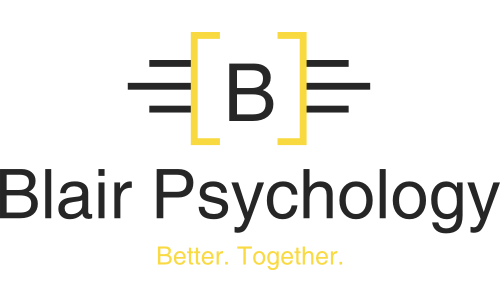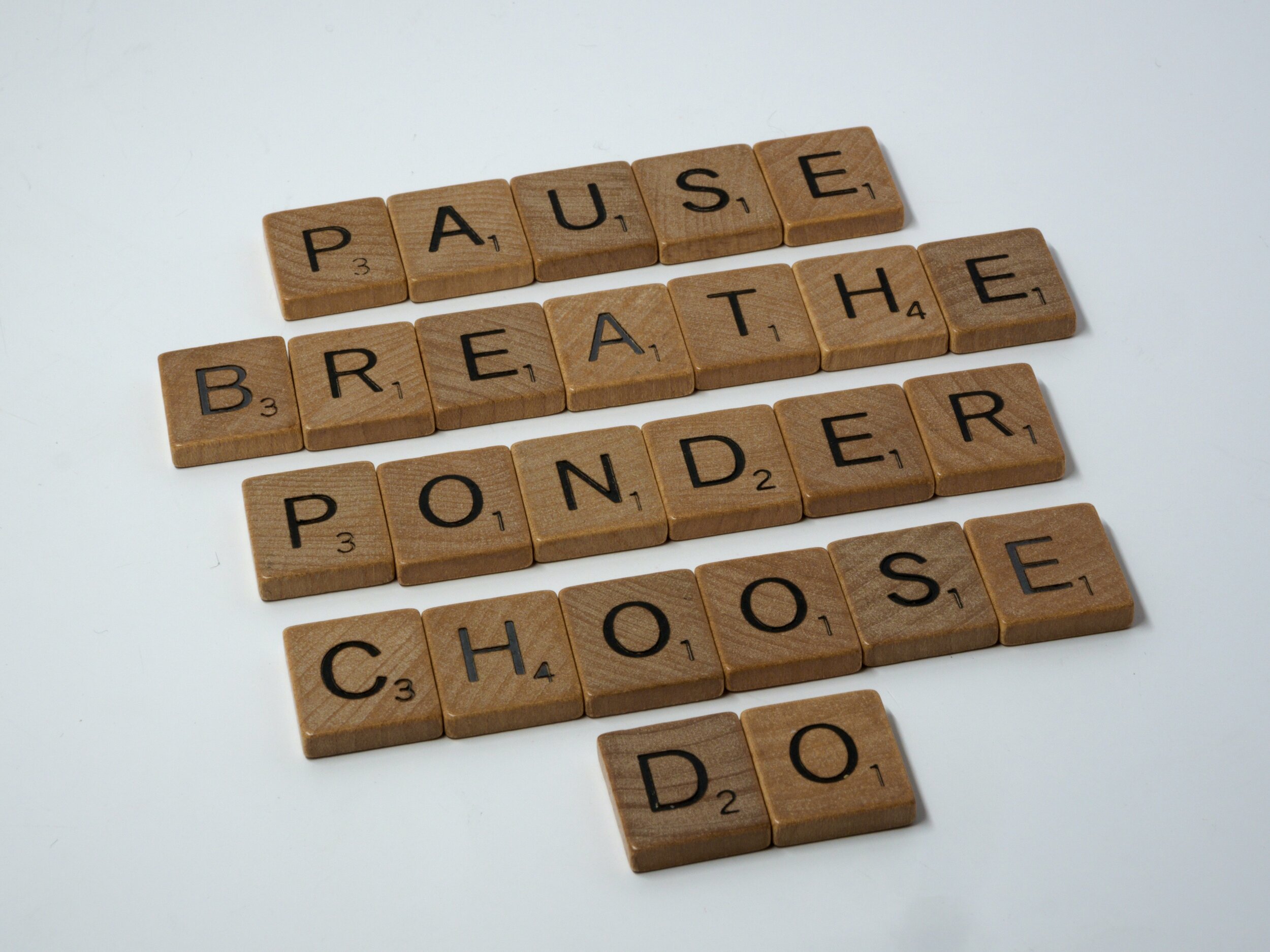“Between stimulus and response there is a space. In that space is our power to choose our response. In our response lies our growth and our freedom.”
― Viktor E. Frankl
One of the defining characteristics of a healthy relationship is a couple’s ability to recognize the space that exists between actions and reactions. When we recognize and use this space, it allows us to take full ownership of our behavior and the quality of our interactions. Healthy couples recognize that while we don’t always have control of the events that happen to us, we do always have the power, freedom, and responsibility to choose our response. However, in order to use that power, we must learn to identify and properly use the space that Viktor Frankl speaks of above. Instead of doing what feels right in the moment and reacting impulsively, we must learn to pause, reflect, and respond.
Unhealthy couples operate from a reactive state. They have not developed the ability to be response-ABLE, and their relationships suffer as a result. The ability to inhibit our initial impulsive reactions in order to engage in value consistent responses is a fundamental sign of maturity that we must continuously work to cultivate. It’s a muscle, and without deliberate effort it will not grow stronger.
Initially, identifying this “space” can be very challenging. Many people falsely believe that this “space” does not exist for them. I promise you, the space is there. You just have to learn where to look.
So how do you cultivate your response-ability?
Step 1: Identify Missed Spaces in the Past
Life comes at us fast and identifying these spaces in real time is usually not possible without substantial practice. The first step in cultivating your response-ability is to look back at your past interactions in order to identify situations where you reacted instead of responded.
Think back to the last time you had a challenging interaction with your partner. Did you react, or did you respond? Remember, reactions are impulsive acts that may feel appropriate in the moment but usually lead to an escalation of conflict or relational distress. Responses on the other hand are deliberate, value consistent choices we make that embody our best self. Responses are more likely to lead to deescalation and facilitate closeness.
If you reacted, what was your reaction? Did you get defensive? Did you deflect attention way from your behavior and blame your partner? Did you withdraw? Did you get flooded with feelings of guilt and inadequacy? Did you act out in anger?
How has reacting in these ways impacted your relationship?
Most of us have a handful of go-to reactions when faced with conflict that are usually not healthy or effective. It’s important to identify these reactions and begin to recognize them in their earliest stages. Doing so gives us the opportunity to pause in that space between our partner’s actions and our response. It allows us to act on our values rather than our feelings. It allows our relationship to grow.
Be Response-ABLE
Take some time and write out your answers to the questions above. Set up a meeting with your partner to talk about your responses. Work together to identify a moment during a recent interaction where you should have paused to respond instead of impulsively reacting.
Remember, in your response lies your growth, and your freedom.
Check back next week for Response-ABLE Part II - Coping Ahead


